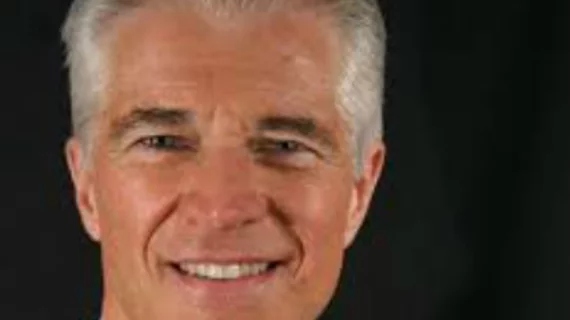CHIME co-founder Correll to retire
Co-founder and former president and CEO of the College of Healthcare Information Management Executives (CHIME) Richard A. Correll will retire on June 30, after 23 years. Correll has been serving as the organization's chief operating officer and senior strategic advisor since April 2013 following the appointment of CEO Russell P. Branzell.
Correll championed the emergence of the chief information officer (CIO) in healthcare and has led the CHIME organization since it was created more than two decades ago. "My years serving CHIME have been a privilege and the most rewarding of my career," said Correll in a release. "With the indispensable support of our members, board and staff, the organization has become a recognized leader and advocate for the CIO role and the effective use of information management to improve patient care quality and safety.
Correll, along with prominent healthcare and vendor executives, formed CHIME in 1992, enlisting 192 charter members in the first year, led by founding board chair John Glaser, PhD. While serving on the HIMSS board in the 1980s, Correll identified the need for a professional organization dedicated to the development of the emerging top healthcare IT executives taking on the new title of CIO. Today, CHIME has grown to more than 1,500 members and 150 Foundation firm supporters.
A native of Ann Arbor, Mich., Correll earned an undergraduate degree in industrial engineering from the University of Michigan and an MBA from Wayne State University.

